Quadding and tenting go hand in hand. For me, the canvas tent removes the risk of damaging my shiny holiday trailer on trails that get us to quadding territory, and I can wear my boots in the tent. The tent gets me and my buddies closer to remote wilderness, and the wall tent has improved the quality of my wilderness camping. The way the tent zippers work, the quad can even come into the heated tent for repairs, if required.
Somewhere beyond the end of the road, there is a trail, and at the end of that trail you will find my outfitter tent set up 30 to 45 days each year. The outfitters tent lets us live luxuriously, enjoy good food and comfortable beds, and be hotel-bill free. Over the last three years, we have avoided upwards of $7,500 in hotel bills (as if there was a hotel where we camp).
“A new world awaits you (with canvas tenting). After setting up your camp, you get a real feeling of accomplishment,” said a staff person at Edmonton Tent and Awning.
Pitching the canvas tent
I normally set up my Deluxe Wall Tent for seven to 14 days at a time, as less than this just doesn't make sense. We hunt spring bear season, and fall elk, moose and deer in northern Alberta. Canvas wall tents are worth the work.
Beau White from Deluxe Wall Tents on Vancouver Island said, “You can set up a tent in 15 minutes.”
You can, and I have done it, especially when the weather at set-up is nasty. But unless we are in a panic, a leisurely two to three hours is more like it. It takes us that long to drive stakes, tie guy-lines, wire the stove stack, straighten the floor, lay the fire, assemble the bunks and put air in the Therm-a-Rest mattresses, arrange the table and chairs, fill the lanterns and water tank, and make coffee. This is part of the reason we go for a week at a time at a minimum.
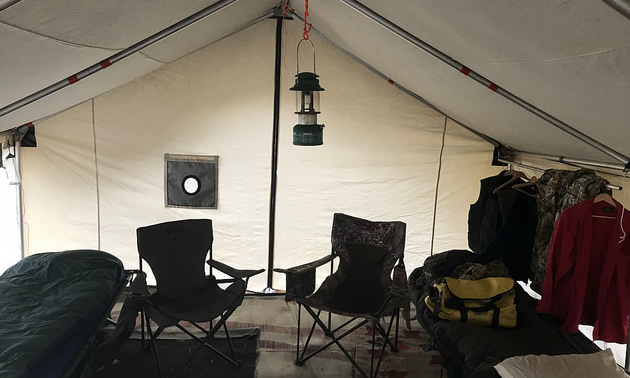
No matter what the weather outside, inside the tent is as toasty as you want it to be. — Photo courtesy Timothy Fowler
In my camping adventures, my three-metre (10-foot) porch is where I set up dishwashing, keep the wood and coal out of rain and snow, and sit comfortably in the afternoon. I am a big fan of internal framed tents and passed on the sewn-in floor. Setting up an internal frame tent with a floor in it is difficult. Choose a good ground sheet instead. Fold the sod cloth so there is bare earth under the wood stove.
The comforts of home
The canvas tent changed both where I camp and how. It’s a downright luxury to sleep where you’re going to explore the next day. I pack the whole works in a covered utility trailer where we lock food away. We’ve had no problems with bears so far, but we leave no food in the tent, not even a bag of chips.
Three years ago, I purchased a 4.3- by 4.9-metre (14- x 16-foot) canvas wall tent with a three-metre (10-foot) porch from Deluxe Wall Tents on Vancouver Island. Because I camp a lot, I get good use out of it. We talked about sharing the costs between two or three of us guys but in the end decided it would be mine. It is very roomy for two guys, is comfortable for three and starts to get a bit cozy when four guys make it home. We have accommodated five, but we stacked the bunks.
I bought the aluminum frame because ridge poles are tough to find amongst the grass. I added both a medium-sized wood stove with the optional 25-litre (five-gallon) water heater and a medium-sized diesel heater. Heavy stackable bunk cots were added to the order.
White has noticed an interesting progression with some customers. “Over the years we have seen so many people transition from campers and trailers (to tents),” he said. “The amount of positive feedback from customers is telling—they will never go back simply due to the fact that it’s so convenient to transport and much more spacious than a trailer.”
For me, canvas wall tents are the luxury pinnacle of camping.
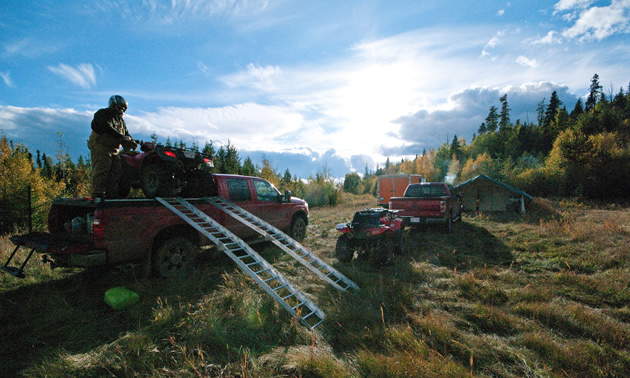



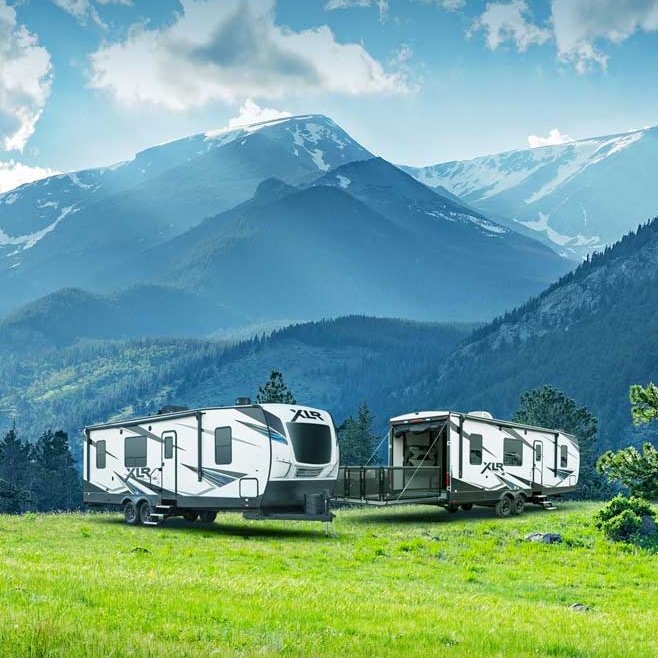
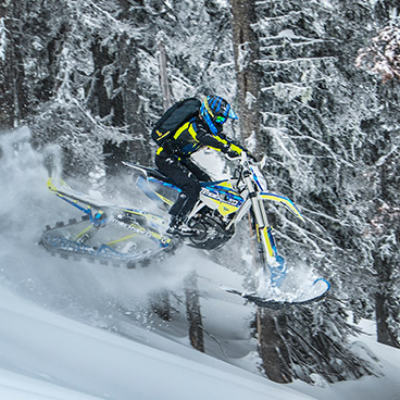
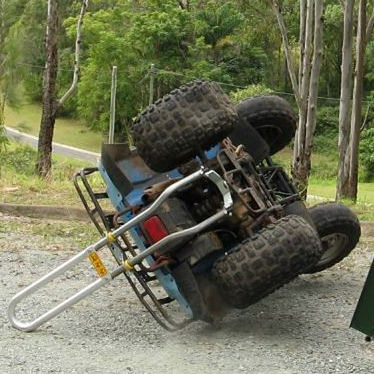

Comments